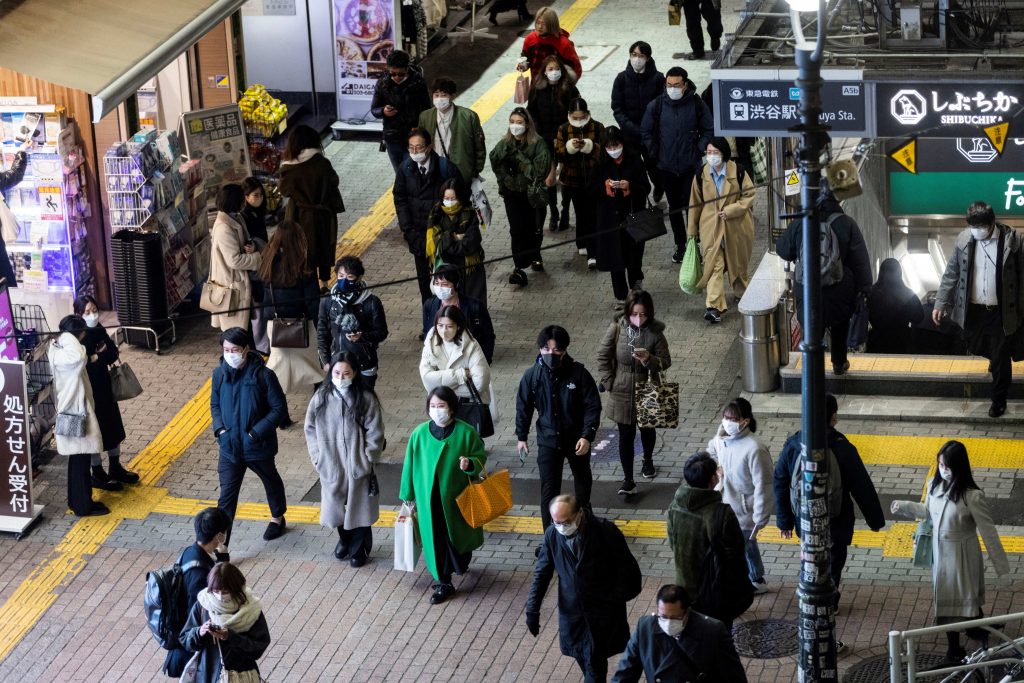
- ARAB NEWS
- 06 Jul 2025

Nader Sammouri
OSAKA: Contemporary culture has pushed individuals to learn acting and performance skills, shielding their truth for the sake of a society that feeds on masks and presentations.
How is professional acting different from social acting?
“Professional acting and social acting are two different things to me. In professional acting, what you focus on is how real you can be. Many people get this wrong and think actors are good liars, but actually, if you just faked it and tried to pretend, you would be called a ‘lousy actor.’ So actors should be brutally honest with themselves. On the other hand, in real life, if you did the same things, you would destroy everything. For instance, I help run a small business right now, and I frequently have to deal with unpleasant customers at times. I need to hide my real feelings deep in my mind before it leaks through my facial expressions. So in real life, you need to hide it to some extent and eat a crow, so to speak, because business is more important. But in acting you can’t,” said Toshi Nakayama, a Tokyo-based actor, and voice-over narrator.
An actor’s job is to represent a character in its entirety and convince the audience that the character is real by charming them into their story and engaging their emotions.
A question comes to mind. Do professional actors slowly get attached to their roles?
“I have developed an attachment to certain characters. It tends to happen when I do stage acting, where you can act with complete continuity and develop bonds with your co-stars as well. It has to do with the time and effort you spend on a character. The harder you work, the more attachment you develop. After months of rehearsals and certain numbers of performances, you would feel a sense of achievement. But then you may feel a bit sad since you have to say goodbye to your fellow actors, their characters and your own, who by this time has become like your child. For a movie, the commitment tends to be lighter, where I am obliged to be on set for a certain number of days,” Nakayama said.
But the craft of acting isn’t just limited to movies and theatre. It can be played in daily life. Just like a professional actor tries to convince people of the character he inhabits, a social actor tries to persuade his observers and “followers” with an image.
People may want to be perceived in certain ways in their lives, and the acting begins, on the streets and, most importantly, on social media platforms. A social media profile can be very well-crafted and each post can tell a story that fulfills the character that the profile actor is trying to play.
In Japan, “Tatemae(建前),” or the “outside face” or “public mind” is a word that is attributed to the face that people put out in society. It is a mask that is based on avoiding the truth or one’s true feelings for the sake of what sounds right or what is consensually acceptable to avoid conflict. By upholding this social norm, society becomes more harmonious. It opposes the “Honne (本音),” or “inside face” or the “private mind,” which often conflicts with the former because it poses as the hidden and sometimes disruptive truth. The culture of tatemae has become so homogeneous in Japan to the extent that foreigners who walk in the country may feel as if they’re continually passing by the same people over and over again due to the similarity of “accepted behavior.” The dress code, posture, body, and verbal language are strikingly similar.